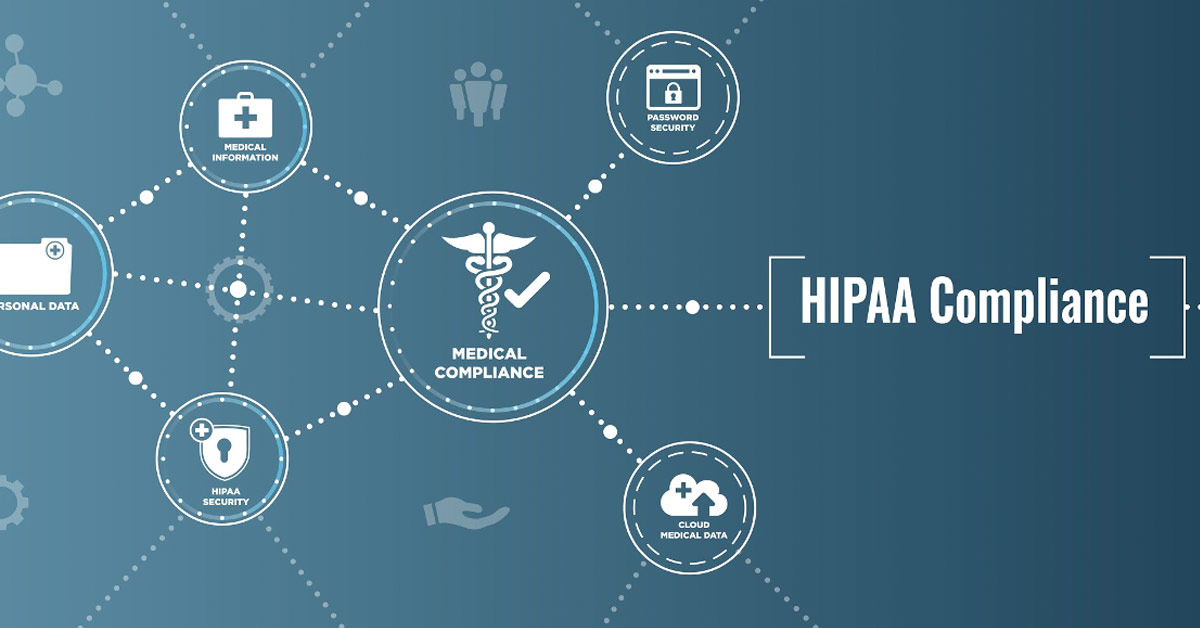Every medical professional should be informed of HIPAA compliance rules. These laws were put into place to safeguard patient health information. So, every medical personnel must be aware with them and fully comprehend them. Staying compliant to HIPAA regulations can be challenging, especially in an ever-evolving information-driven age. There are plenty of sources to make sure that your practice is compliant and secure. With the knowledge of how to keep HIPAA compliance, such as a consistent evaluation of security systems used for patient data management and clear protocols for communication when handling sensitive data There are the tools required to safeguard confidential health information. The compliance with these rules is crucial for keeping confidential personal information secure from potential breaches of security and loss of trust in your practice. The process of taking the appropriate HIPAA security measures shows you value privacy of your patients very seriously and is a cornerstone of creating a successful medical practice.

Knowing and understanding HIPAA Compliance is vital for all those who deal with sensitive information about patients. Any entity dealing with Protected Health Information (PHI) must understand and adhere to the rules stipulated by HIPAA regulations. Failure to adhere to HIPAA regulations could result in substantial fines, or even jeopardizing the confidentiality of patient data. It is imperative to be able to swiftly react to any breach that may occur. It is crucial to stay up-to-date on the growing number of data breaches and cyber-attacks. Healthcare providers can avoid penalty and costs by having a thorough knowledge of HIPAA compliance.
Being compliant with HIPAA can give employees security knowing that their private health information is handled with the highest standards of privacy for patients. Employers can establish a HIPAA compliance program that covers all aspects of employee data protection. This gives employees security of knowing that their confidential data won’t be misused or divulged in an unnecessary way. This helps build trust between employer and employee , giving both of them the belief that they are both responsible for maintaining their privacy as well as protecting the interests of both parties. Ultimately, adhering to HIPAA guidelines allows companies to establish secure and safe workplaces in which employees are able to feel secure in their medical information being protected from unauthorised users.
HIPAA compliance plays a vital part in every healthcare system. It is important to be aware of the times you have to file an HIPAA violation. It is essential to be aware of the legal requirements. Healthcare providers must protect patient privacy and confidential information. Anyone who has access PHI must immediately report any breach that is suspected. If they fail to report an incident either civil or criminal sanctions could be in effect. In addition, affected patients are entitled to file a complaint with the Department of Health and Human Services Office for Civil Rights should they feel that their rights or their PHI were violated. Employees should be informed about HIPAA compliance and provided with comprehensive training.
Employees benefit of HIPAA compliance in a variety of ways. Employees can feel secure knowing that they have been assured that their employer has taken all necessary measures to protect them. Complying with HIPAA can also provide assurances regarding communications between employees and employers as they can be assured that all health-related conversations are done within a secure environment. Employers and employees can have greater trust and confidence, which leads to higher retention rates and better job satisfaction. Being in compliance with HIPAA standards will show employees that the business will take care of its employees both professionally and personally. This contributes to making a productive, collaborative workplace.
For more information, click subtitles of hitech